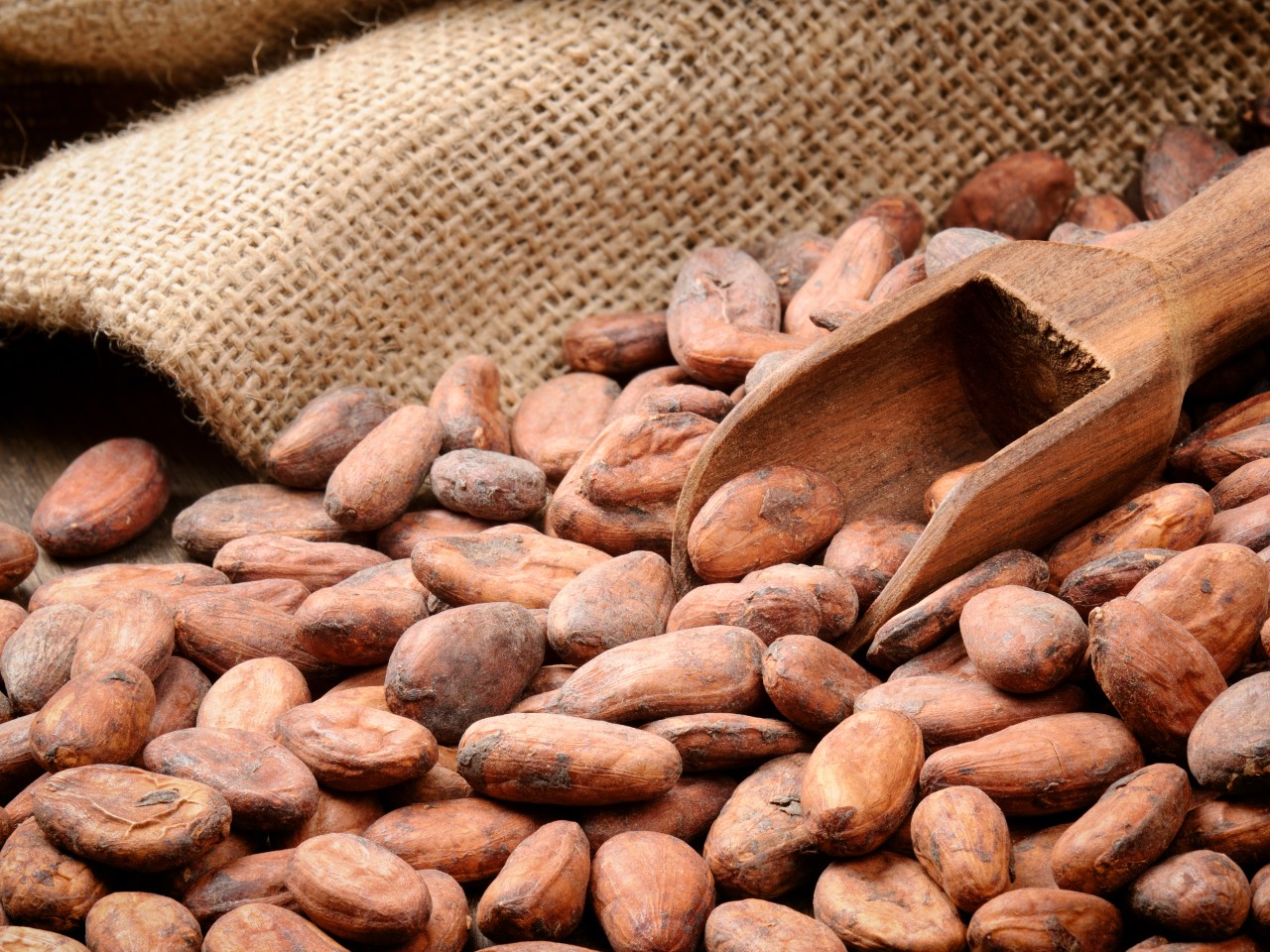Cocoa, first cultivated by Mayan tribes as early as 1500 B.C., was thought to be divine and drunk from gold cups. Cocoa and chocolate products live up to their illustrious history, offering the highest concentration of antioxidants among commonly consumed foods, with over 10 percent of the weight of cocoa powder being flavonoids. These and other attributes of cocoa make it a highly desirable food from both a flavor and nutritional standpoint.
While cocoa powder antioxidants, specifically procyanidins and epicatechins, are similar to those found in tea, red wine and many fruits and vegetables, the structure of some cocoa flavonoids is unique, giving them even more free-radical-scavenging and metal-binding capacity than flavonoids found in other plant foods. These antioxidants can help lower your blood pressure and maintain safe blood sugar levels, according to a study published in the August 2012 issue of the journal "Food and Function." In the study, volunteers with mildly elevated cholesterol ate two servings of a cocoa product that provided 283 milligrams of cocoa polyphenols per day for eight weeks. Results showed cocoa moderately decreased blood sugar, blood pressure and levels of oxidized lipids.
The anti-inflammatory effects of cocoa powder help prevent artery-clogging plaque formation by decreasing levels of molecules that cause white blood cells to stick to artery walls, according to Harvard Health Publications. A study published in the November 2009 issue of the "American Journal of Clinical Nutrition" found that supplementation with 40 grams of cocoa powder per day for four weeks reduced inflammation and inhibited platelets from sticking together and contributing to atherosclerosis.

















